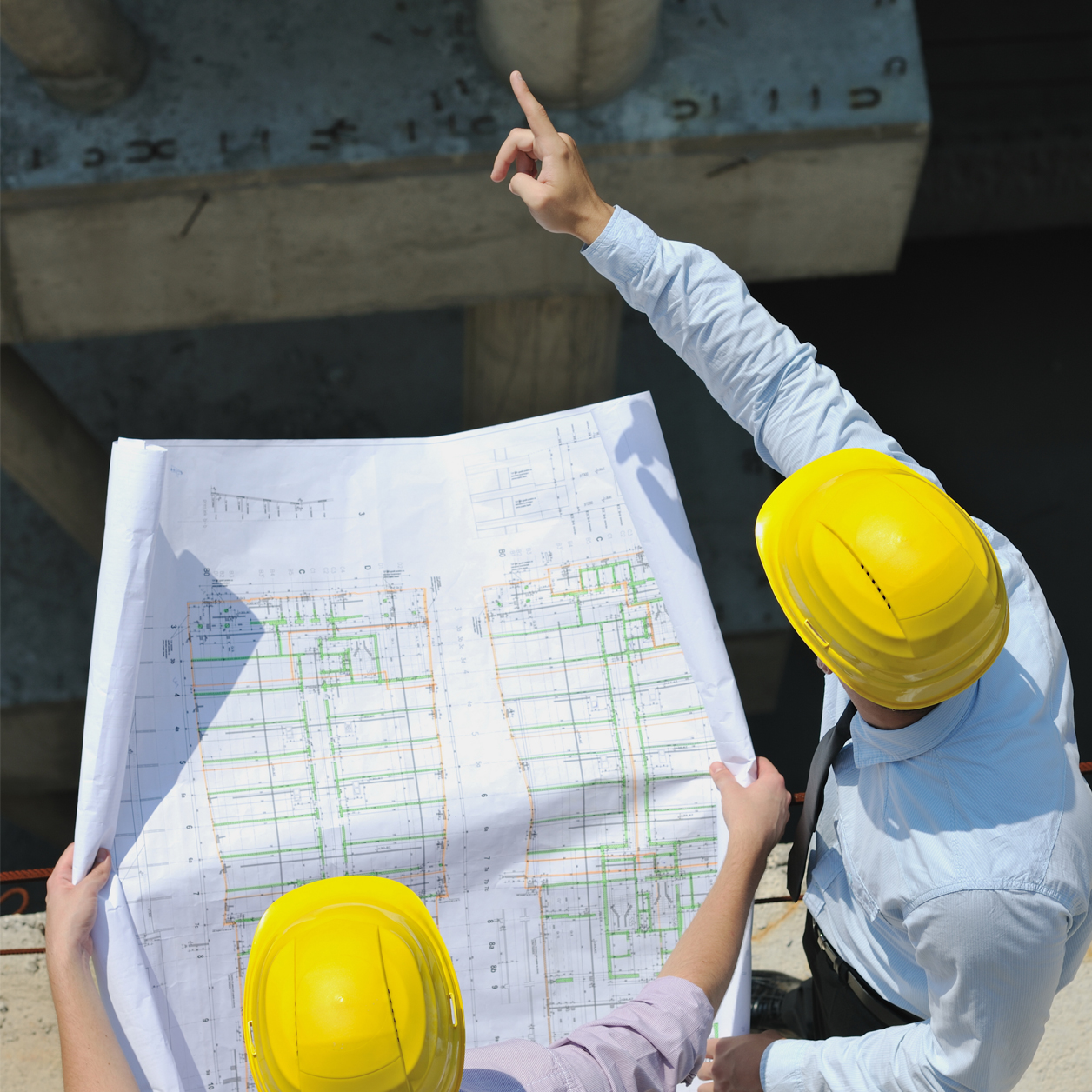
Commercial real estate sales is drastically different than selling residential property. Almost all experienced CRE brokers will say that working in the commercial sector is a completely different beast than the residential market. However, selling commercial properties that are slated for new construction requires an entirely different set of skills and can be extremely challenging especially if you’re not aware of key aspects to keep in mind.
1. Commercial brokers are indispensable to clients.
The first thing to note about transactions that involve new commercial construction is why commercial real estate brokers are necessary. The reason is simple: CRE brokers fulfill an essential role in looking after the client’s best interests.
Clients looking to purchase or lease a commercial property often find the process intimidating. After all, starting a business venture is a significant investment and getting commercial real estate space is just one part of it. Buyers will typically deal with the builder’s real estate broker, resulting in a transaction that tends to be favorable to the builder. If they don’t have a real estate broker to represent them, they will be exposed to a lot of risks.
This is why commercial real estate brokers are indispensable, specifically for deals involving new commercial construction. Brokers provide clients with insight into the local property market and guidance on agreements, funding, fair market values, incentives and more. Brokers ensure that clients are aware of important clauses and deadlines that could otherwise be missed.
2. Selling commercial properties slated for new construction requires more analysis.
Compared to reselling properties, new construction has a process that is more complex.
Consider a transaction to sell a residential home to a couple. A huge part of the job of the real estate agent is making sure that the clients love the home. Does the husband feel excited about the garage? Does the wife love the kitchen? Are they making plans for the backyard? When an agent finds the client’s dream home, for the most part, it’s mission accomplished.
In contrast, the process for finding the right place to build new commercial space involves demographic and financial analysis. The client is more inclined to look at the market demographics, future profitability, environmental studies, etc. More importantly, the site’s location is key as it determines if it fits the desired demographic profile of the client. In short, it requires a higher level of analytical activity compared to other real estate transactions.
In catering to clients interested in new commercial construction, a broker is expected to have a deep understanding of the local market and stay updated with current industry data and trends.
3. Getting approved for commercial real estate financing isn’t easy.
Compared to residential property financing, getting approval for a commercial real estate loan is tricky. This type of loan is usually made to business entities instead of individuals. Lenders will require these business entities to provide financial statements that show that they are indeed capable of repaying the loan.
One of the responsibilities of a broker is to guide the commercial client, including in making sound financial decisions. If the client’s debt-to-income ratio barely qualifies, the client may be better off seeking an alternative commercial property.
4. The builder’s history and reputation have a huge impact.
For all real estate transactions, due diligence in researching the builder’s reputation and history is best practice. For new commercial construction, however, it is even more crucial and has significant business impact.
For example, if the client is in the food service industry, there may be some industry standards with which the commercial property will need to comply. The broker may suggest builders that have experience and expertise in that sector for a smoother new commercial construction deal.
5. Your CRE broker should be up for the challenge.
Selling a property that is slated for new commercial construction is very different and more complex than selling or leasing an existing property. It requires a deeper level of analysis and a wider range of resources. Many CRE brokers experienced in this type of transaction will spend a significant amount of time and energy researching the ins and outs of this process. While very challenging, the rewarding experience of finding the right property for your client to build their perfect commercial space is well worth it.
About the Author:
Aki Merced is the Content Manager at Handle.com, where they build software that helps construction businesses get paid faster by automating the collection process of unpaid construction invoices.
